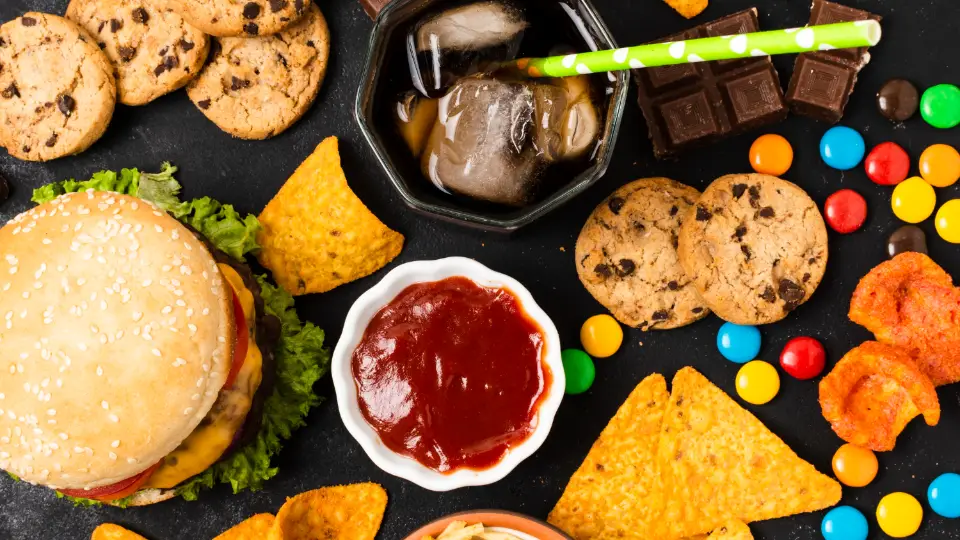
Sometimes people say to me that they can’t fast or go too long without eating and that the drive for carbs or take away is impossible to resist. They just get so hungry that they get headaches, need to lay down and sleep, or become hangry. This is because they are metabolically inflexible.
Metabolic flexibility is the ability to easily switch between burning either glucose or fat. When the body is metabolically inflexible, it is unable to switch to burning fat for energy once the glucose stores are exhausted. Being metabolically flexible makes it easier to maintain energy levels while eating less and avoiding the need to snack, putting you at a huge advantage for weight maintenance.
In the past, an overweight person with metabolic inflexibility was blamed for eating too much and not exercising enough. It was assumed they caused the weight gain which then switched their body into metabolic dysfunction.
However, new thinking suggests that the metabolic dysfunction or inflexibility may come first. The metabolic dysfunction then drives a person to unconscious overeating. Essentially, this suggests that weight gain may not be your fault! Or, being overweight may simply be a symptom of another issue.
So what is the cause of metabolic inflexibility or dysfunction. Essentially it comes down to food processing as well as genetics (or obesity genes).
Ultra processed foods now make up an alarming 42% of the average Australian’s calorie intake and includes most packaged items in the supermarket, drink products, snack foods and mass produced take away. It generally contains excessive amounts of fructose as well as refined flour, starch, salt and fat. Even worse, food processing often adds highly inflammatory processed vegetable oils and obesogenic chemicals to our food. 15-20% of the obesity epidemic can be directly attributed to obesogenic chemicals.
These processed additives all fail to stimulate the normal release of satiety hormones meaning we don’t realise when we’ve eaten more than we need. These additives also make the food hyperpalatable and create a hedonic overdrive, making it harder again for us to stop. This biologically drives us to consume more than we need, our off switch is bypassed and the reward areas within our brain get lit up like we are consuming an addictive substance.
Furthermore, some people are genetically more vulnerable to this than others. Plus, the so called obesity genes can be ‘switched on’ by eating these foods, and once they are turned on, avoiding overeating becomes almost impossible.
Once I finish the book, I’ll write another article explaining how to tackle this and bring your body and genes back under your control.

